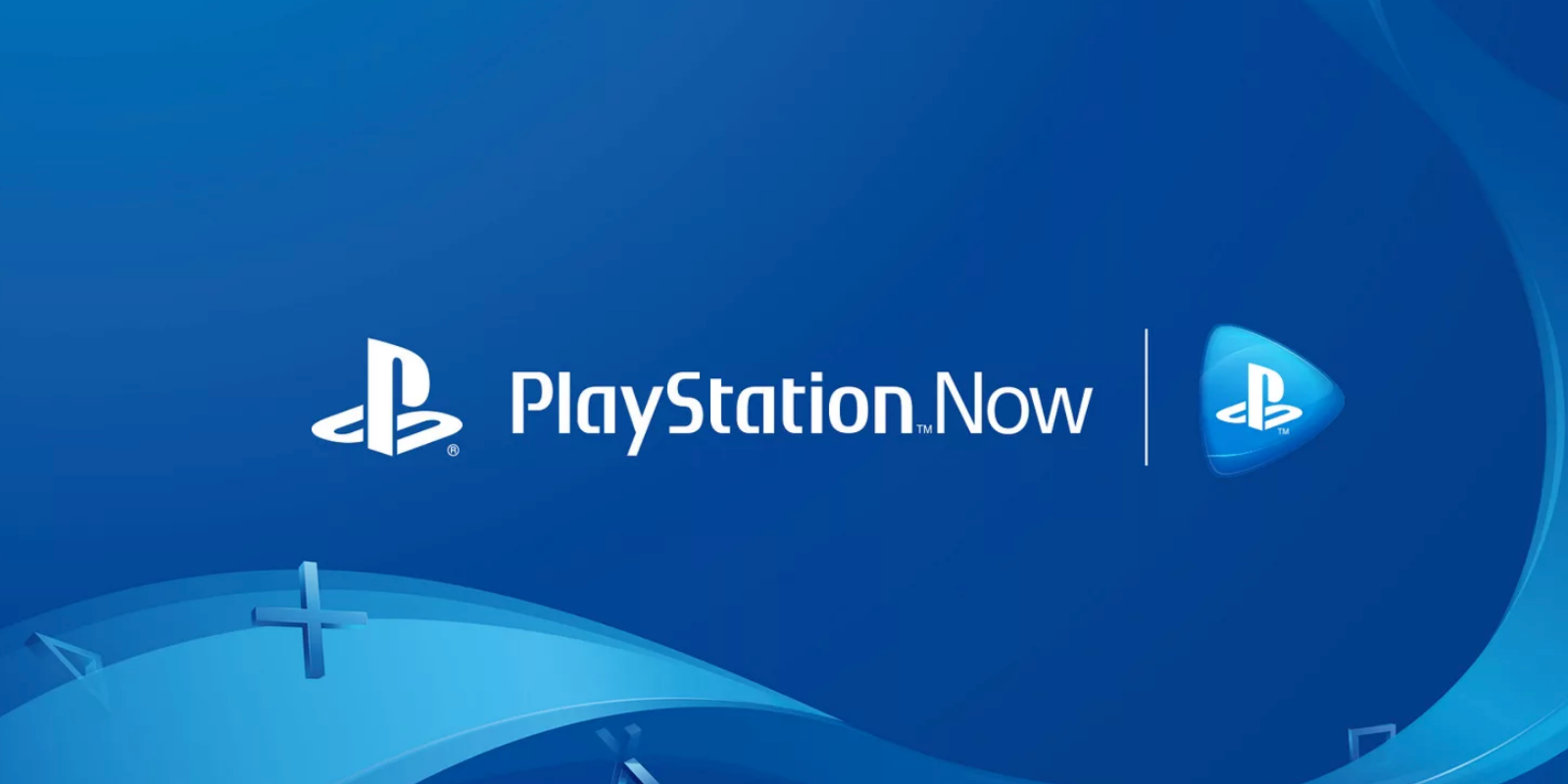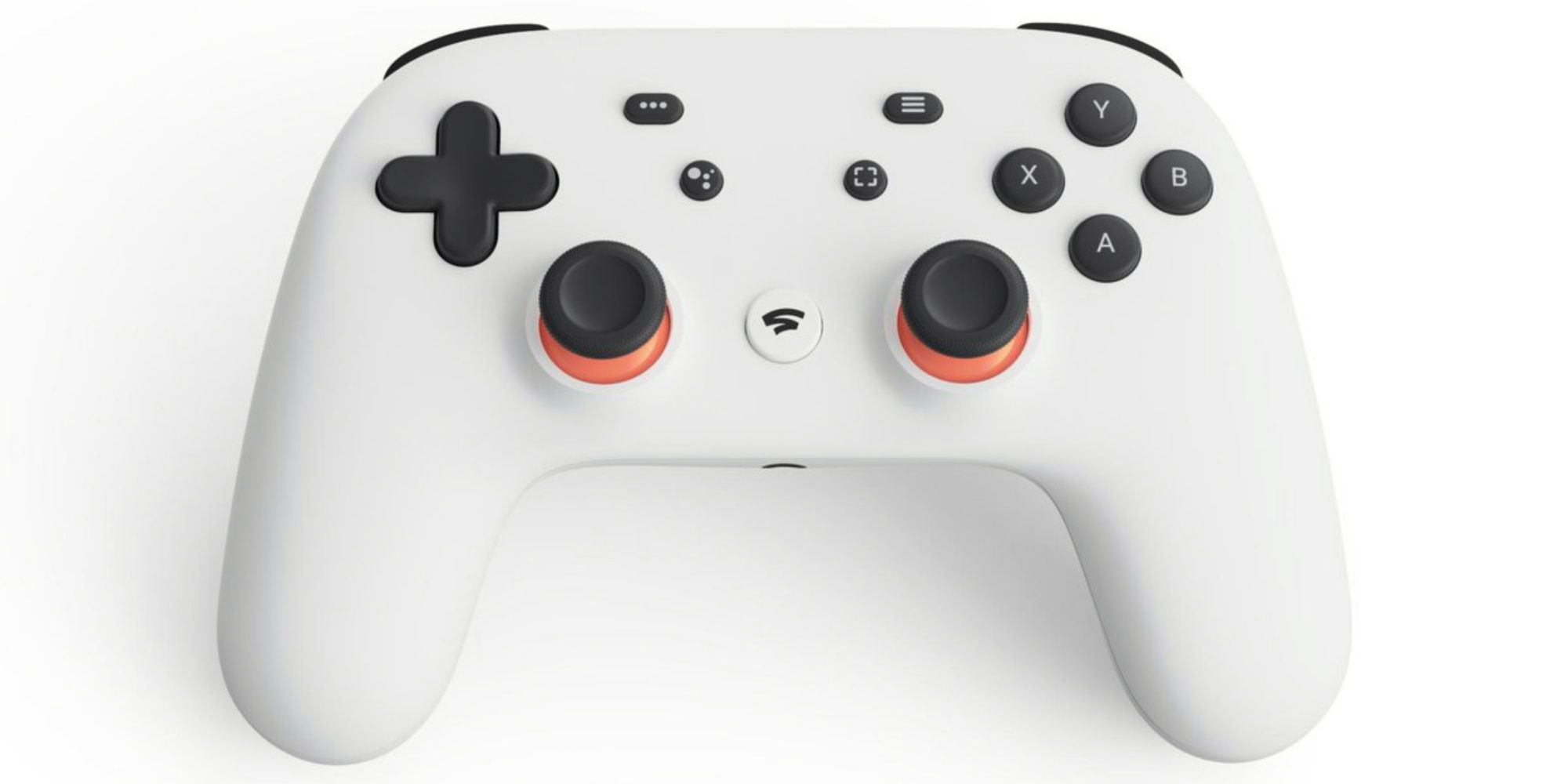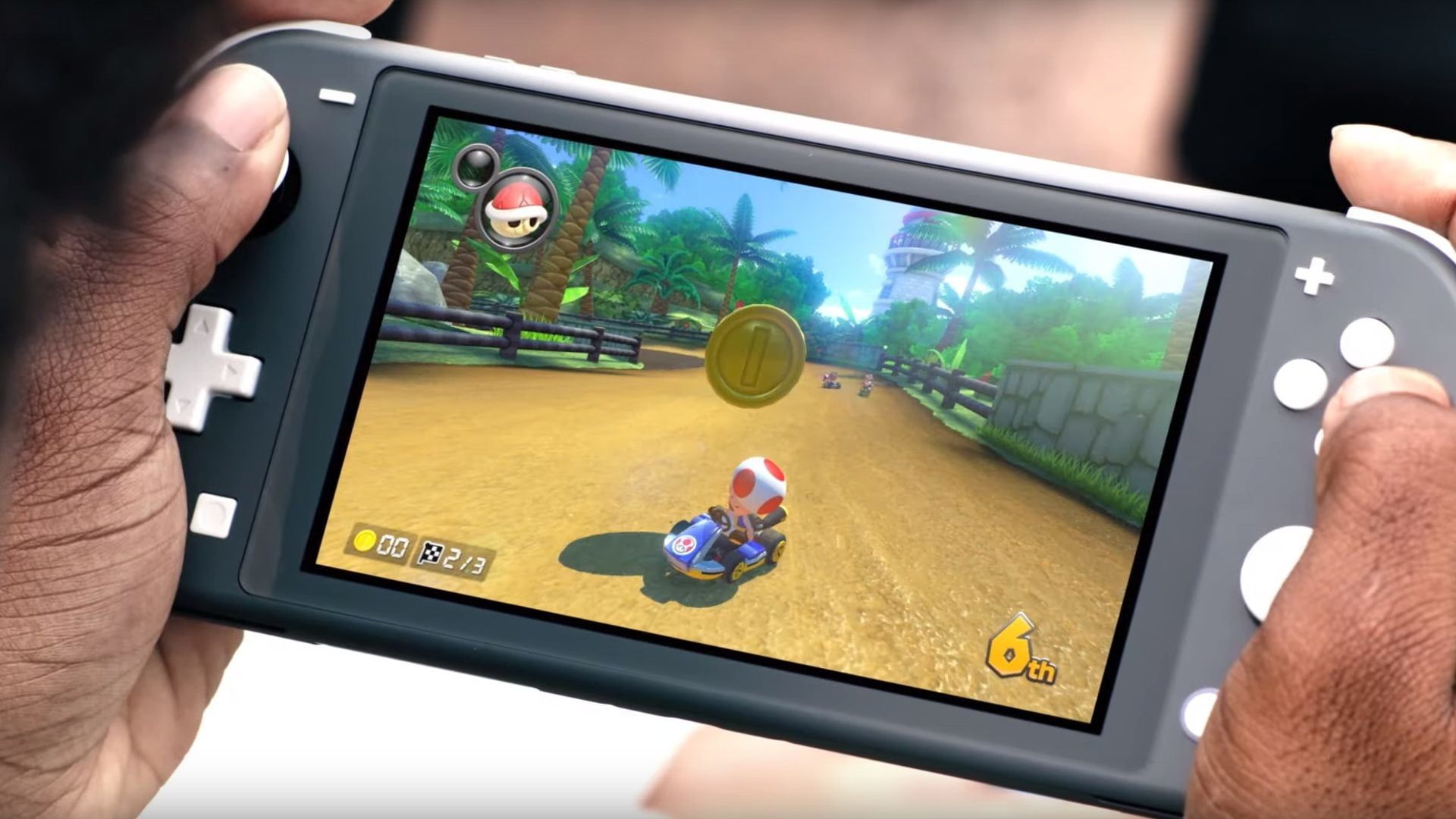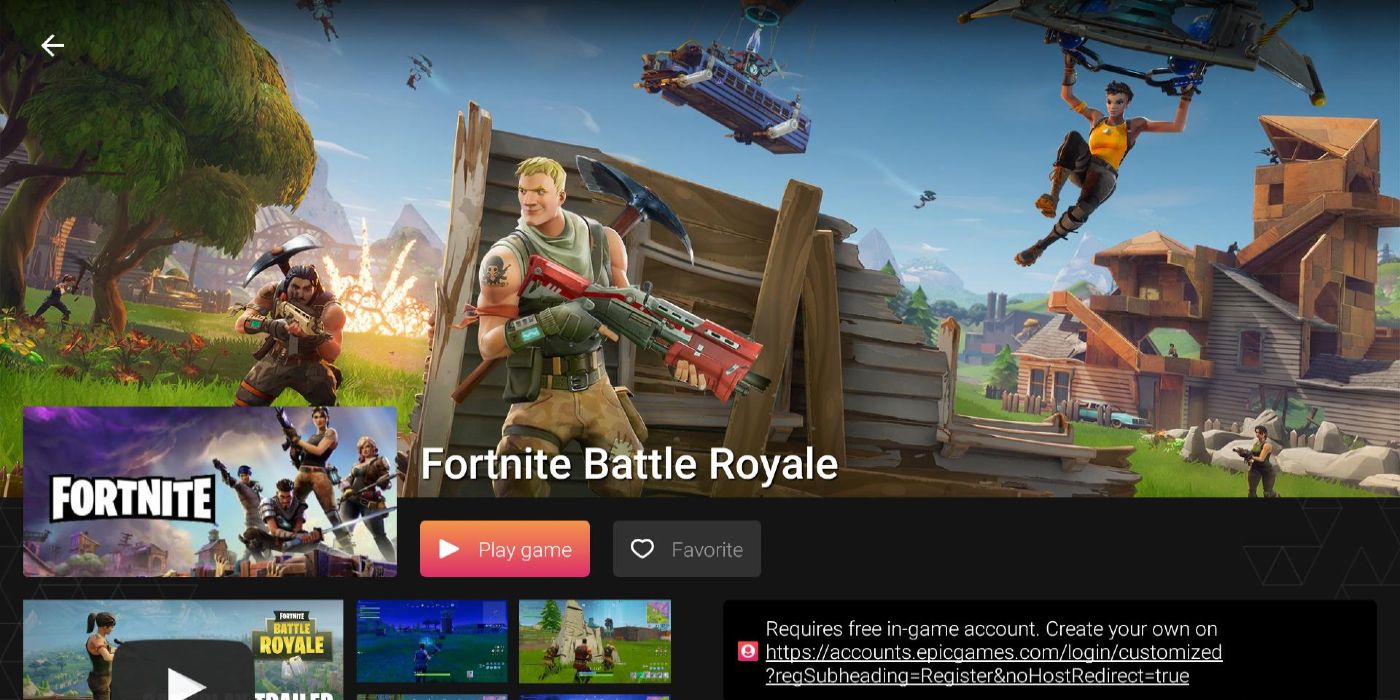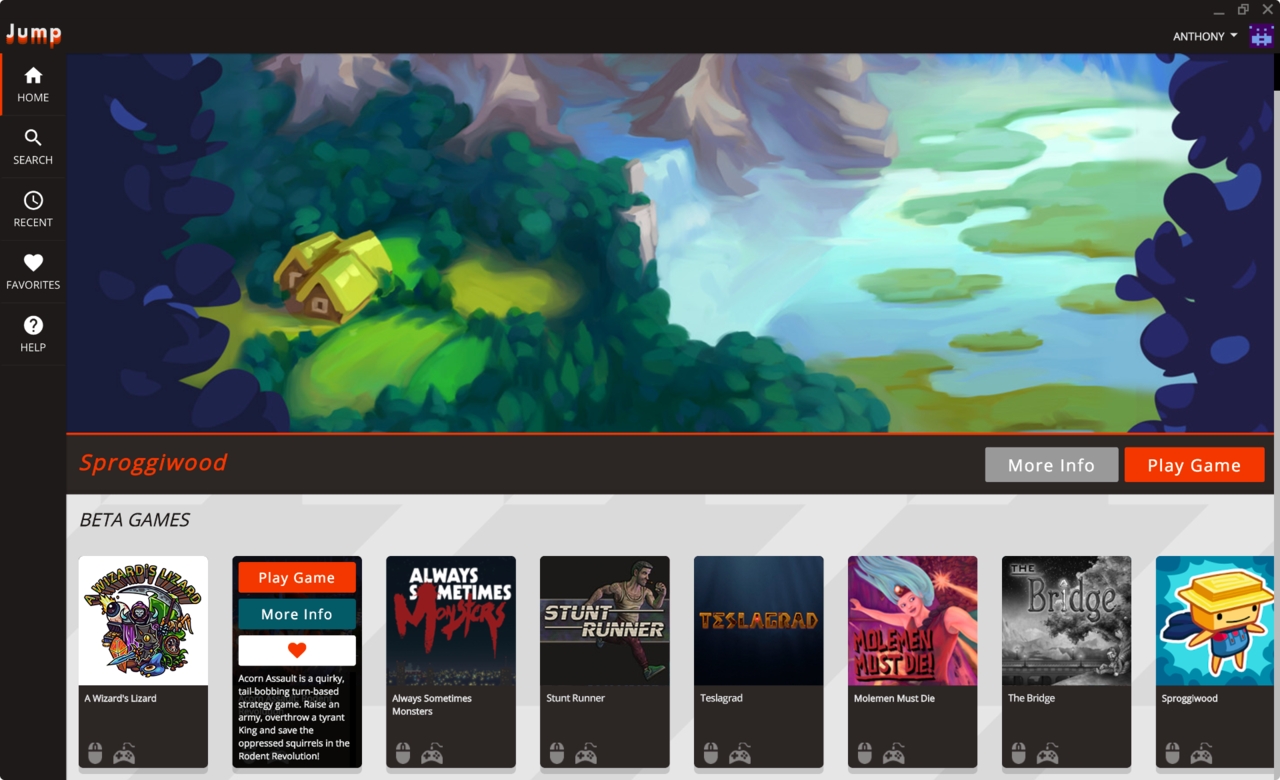The film, television, and music industries have all changed drastically in recent years as streaming technology has become more viable and accessible. While it would seem that video games would be a natural fit for streaming as well, given how many modern games require an internet connection, the industry is only recently starting to expand into that market. However, there is no clear front runner for the much-coveted title of "Netflix for games."
With so many publishers, console manufacturers, and other companies launching their own services, keeping track of it all has become increasingly difficult. That's why, for this list, we are collecting the most popular and most promising video game streaming services that have already launched or are coming soon.
PlayStation Now
It seems fitting that one of the first major attempts at a streaming service for video games would come from one of the big three console manufacturers. Sony launched PlayStation Now in open beta for PS4, PS3, and PS Vita back in 2014. For years, the service struggled to impress players, but after a recent push and price drop, PlayStation Now has finally become what it was initially promised to be. While there are still some graphical and latency issues, players with a strong internet connection can stream over 800 games including critical darlings like Persona 5, God of War, and Uncharted 4: A Thief's End. The library includes PS2, PS3, and PS4 games, with many PS4 and PS2 titles available to download as well, which may entice players with a less reliable internet connection.
One of the best features of PlayStation Now is that you aren't required to even own a PlayStation to use the service. With the PS Now App, PC users can access the entire library of games on their computers. All you need is a Dualshock 4 controller and a PlayStation Network account. This also allows players who do use PlayStation Now on their consoles to take their games on the go if they have a laptop PC, as cloud saves are supported for both options.
PlayStation Now is currently $9.99/month, with the option to pay annually for $59.99, which is the equivalent of $4.99/month. Considering the number of blockbuster titles available on the service, it is well worth the value for players who have stable internet connections and may also be worth it for players who could only rely on downloaded games. While the streaming quality isn't perfect, the service has improved with every passing year and will be a key part of Sony's plan for the PlayStation 5.
Project xCloud
Microsoft has seen a lot of success with its Xbox Games Pass service. This monthly subscription service allows players to download to console or PC from a library of over 100 games including new releases like The Outer Worlds and Gears 5. While not as robust an offering as PlayStation Now, the download model has given players more stability and access to enough high-value games to be well worth the price-tag. Given the success of Games Pass, it should come as no surprise that Microsoft would be launching its own streaming service as well.
Project xCloud, which is still currently in an early preview state, promises to allow players to stream Xbox titles directly to their mobile devices using WiFi or a mobile data network. The service currently offers over 50 titles including Gears 5, Tekken 7, and Devil May Cry 5. It is currently being rolled out in tandem with Xbox Console Streaming, which allows players to stream games installed on their Xbox One that are either owned or downloaded from Xbox Games Pass.
Since Project xCloud is only in preview, access is invite-only. Players who want to help test out the service can register to be invited, although spots are limited. The service is also only available on Android phones, so iPhone users and those hoping to see it launch on PC or console will have to wait for further announcements. That said, Project xCloud is a promising step towards true console gaming on mobile, and may just be a sign of things to come for games streaming on Xbox.
Google Stadia
Google is stepping into the world of video games with Stadia, an ambitious service that launched on November 19th to mixed reception. Stadia promises up to 4K 60FPS games streaming without the overhead cost of an expensive console or PC. The Stadia Premiere Edition costs $129 and includes the Google Chromecast Ultra, the Stadia controller, and three months of Stadia Pro, the monthly service that actually provides access to games ($9.99/month). With the Chromecast Ultra, players can access Stadia on their TVs, but the service is also accessible through Google Chrome on PC and the Stadia App on compatible mobile devices. Stadia is by far the most accessible games streaming option on the market, with a low price and many options to play, but there have been more than a few hiccups at launch.
For starters, the Stadia games library is not as expansive as PlayStation Now or Project xCloud. And although it features some major titles like Assassin's Creed Odyssey and Borderlands 3, it is lacking in regards to recent releases. On top of that, while some games like Destiny 2 are available as part of Stadia Pro, many games on the system require an additional purchase. Considering the low cost of entry compared to other consoles, it's still a good value, but stacked up against the offerings PlayStation Now and Xbox Games Pass, the monthly cost of Stadia seems far less appealing.
Of course, the big draw to Stadia is true, high-quality, games streaming. Every game you play on Stadia is streamed, which creates great concern for players with slow internet connections who may find Stadia completely inaccessible. While Google promises 4K 60FPS gaming, this is only for players with the most ideal internet speeds. Google does put the minimum recommended speed at 10mbps, but many players have experienced serious latency and graphical issues at this speed. Unfortunately, it seems like Stadia may still be a few years away from working as intended, but if it can eventually deliver on its promises, Sony, Microsoft, and Nintendo may see a real challenge to their gaming dominance.
Nintendo Switch Online
Speaking of Nintendo, the company has a games streaming service of its own that is worth looking into. While not nearly as ambitious as the three services above, Nintendo's offerings may still appeal to some players. Included with Nintendo Switch Online, which is required for online play on the console, players have access to a library of NES and SNES titles. While the library is small compared to other streaming services, some classic games are included such as Super Mario World, The Legend of Zelda: A Link to the Past, and Super Mario Bros. 3. Considering Nintendo Switch Online is only $19.99/year and offers more than just streaming games, it is well worth it to any Switch owner. Also, since the games included are older and therefore smaller, there are essentially none of the connection issues that exist on other services.
Vortex
Vortex is one of the simplest and most straightforward games streaming services on the market. For $9.99/month, players have access to a library of around 100 games that includes such titles as Destiny 2, Fortnite, and League of Legends. More games are also available like Grand Theft Auto V and The Elder Scrolls Online, but an additional purchase of a Steam license is required. What makes vortex so straightforward is that no additional system or accessories are required as long as you have a PC, Mac, or an Android-based device. Players can just sign-up and start playing, and since the games are streamed from their high-end PCs, you can play games that your computer may not have been able to handle. The issue is that for the price, Vortex doesn't offer a lot that experienced players wouldn't already have access to on their consoles or computers. The majority of games included with the subscription are already free-to-play. So, Vortex may appeal most to new players, but with no free trial option, it would be hard to recommend to anyone just looking to try it out.
Jump
Jump is a unique service in that it offers a highly-curated catalog of over 100 indie titles from award-winning developers. For only $4.99/month, players have access to games like 2064: Read Only Memories and The End is Nigh. While lacking in big-name titles, Jump offers a lot to players looking to discover something new, with new games added every month. The curation is what sells this service, as you won't find the clutter of old, outdated, and low-quality games that exists on many other services. However, since the games are generally less graphically-intensive than big-budget games, the appeal of streaming to avoid putting pressure on a low-power device is minimized. Jump is best suited for curious players who probably already have access to blockbuster titles on a console or PC, and are merely looking to expand their horizons. If that interests you, it's hard not to recommend it for the current price.
Other Options
The streaming services covered in this list are those that offer a Netflix-like catalog of games without requiring individual purchases. However, there are other options for streaming games that you already own either on console or on PC. Steam Link Anywhere, GeForce Now, and Shadow are three examples of services that allow you to stream games you already own, essentially turning your PC into a high-end device -- provided you have the required internet speeds. These services don't offer the same appeal as something like Stadia or PlayStation Now, but if all you are looking for is a way to play games that your device normally can't handle, then they may be all you need.
KEEP READING: EA Returns to Steam... Because It WILL Make More Money That Way
Video games streaming is clearly the way of the future. Whether streaming will completely replace physical games or downloads is hard to say, as the lack of accessibility for players without high-speed internet is still a major barrier of entry. Still, it's clear that these services will continue to evolve, and as they do it'll be interesting to see what other options become available.

